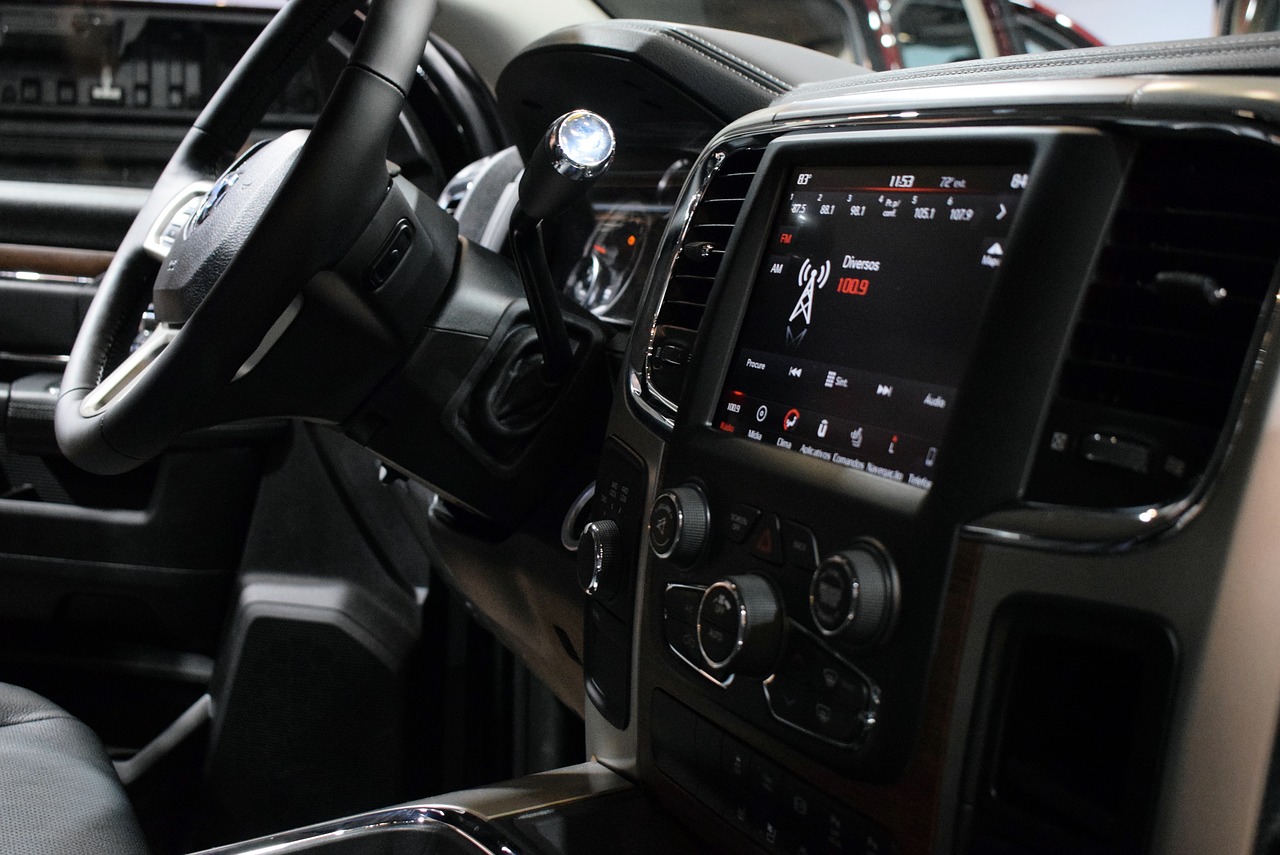
Ride hailing service provider Uber has released its annual diversity report, which showed a decline in Black representation among its employees following layoffs due to the coronavirus pandemic.
According to the Uber report, Black representation in the company's workforce went down by 1.8% after the layoffs of around 6,700 employees or approximately 25% of the total workforce as its ride hailing business declined amidst the coronavirus pandemic.
Black employees currently make up 7.5% of the overall US workforce of Uber, falling from 9.3% in 2019.
Decline in Black representation
Uber's chief diversity officer Bo Young Lee said: "Despite the continued progress we have made in increasing the diversity of our leadership, we're not proud of the impact that this year's reorganization has had on some of our workforce representation."
"We know we must always work to do better and remain laser focused on becoming an anti-racist company and a champion for equity," Lee added.
While Uber claimed that it had initiatives to avoid bias in its downsizing efforts, including having an external counsel conduct an analysis based on protected classes as part of the process, the company did not offer a breakdown of gender and race in the layoffs.
Despite the decline in overall representation, Uber highlighted progress in other areas, emphasizing on the increased representation of women and people from underrepresented racial groups.
The report showed that women in leadership rose from 28% to 32.4% in Uber's global workforce while Black leadership in the US increased from 3.3% to 4.1% . Meanwhile, Hispanic/Latinx leadership went up from 2.7% to 3.8%.
These numbers may be considered a step toward the company's recently announced goal of doubling representation in this area by 2025.
Tech companies' trend toward workforce diversity
The practice among tech firms of providing data on the diversity of their workforces began six years ago due to mounting pressure for transparency.
Uber started releasing its report in 2017 amid controversy surrounding its culture and treatment of female employees after Susan Fowler, a former female engineer, alleged sexism and harassment at the company.
Compared with other tech firms, Uber's numbers were actually better in some cases.
Uber reported in 2017 that 36% of its global workforce were women compared to 33% at Facebook and in 2020, it went up to 40.3% at Uber while Facebook had 37%. Black representation at Facebook is only 3.9%, comparatively lower than Uber's despite the decline.
In order to demonstrate its commitment toward becoming a more "anti-racist" company, Uber launched a marketing campaign that included billboards in select cities that read "If you tolerate racism, delete Uber."
However, it received a backlash as the campaign came amid issues regarding its treatment of drivers as independent contractors rather than employees.
Together with Lyft and DoorDash, Uber funded the Proposition 22 ballot initiative, which gives the companies an exemption from the AB-5 law but the drivers will still receive some benefits.
Prop 22 received approval in California earlier this week, giving Uber a significant win but will still have to address the issue on a national scale.
Prior to the favorable vote garnered by Prop 22, California courts ordered both Uber and Lyft to reclassify their drivers in the state as employees, in accordance to the state’s AB-5 law.
The law, which took effect on January 1, states that companies must prove workers are free from company control and perform work outside the usual course of the company’s business in order to classify workers as independent contractors rather than employees.






